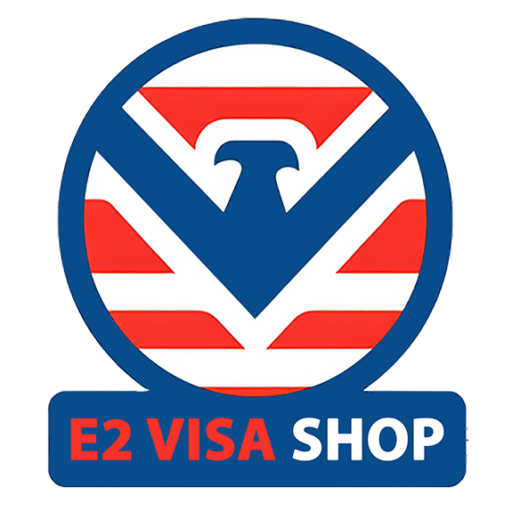
The E-2 visa is a popular option for foreign entrepreneurs looking to invest in and manage a business in the United States. One critical component of a successful E-2 visa application is demonstrating a valid and operational business, which often includes securing a commercial lease. However, many applicants wonder: How long should a commercial lease be for an E-2 visa business?
Minimum Lease Term Requirements
While the U.S. Citizenship and Immigration Services (USCIS) and the Department of State (DOS) do not set a strict minimum lease term for E-2 visa applications, best practices suggest that the lease term should align with the business’s operational needs and demonstrate long-term commitment. A short-term or month-to-month lease may raise concerns about the business’s viability, while a multi-year lease conveys stability and investment at risk.
General recommendations include:
- Minimum Lease Term: At least 1-3 years with an option to renew.
- Ideal Lease Term: 3-5 years, which aligns with many E-2 visa durations.
- Lease Renewal Clause: Having an option to extend the lease helps demonstrate long-term business planning.
- Commercially Reasonable Terms: Lease agreements should reflect market rates and normal business practices to avoid scrutiny.
Best Practices for E-2 Visa Lease Agreements
1. Secure the Lease Before Submitting Your E-2 Application
A signed lease agreement strengthens your E-2 application by proving that your business is active and operational. Ensure that the lease terms include:
- The business name and legal entity.
- A clear start date and duration.
- The intended use of the premises.
- Payment terms and security deposit details.
2. Choose a Lease That Supports Business Operations
Your lease should match your business type. For instance, a small consulting firm may not require a large storefront, while a restaurant or retail shop must secure a high-traffic location. Immigration officers assess whether the lease makes sense given the business model.
3. Avoid Contingency-Based Leases
Some landlords offer leases contingent on E-2 visa approval. While this may seem attractive, consular officers may not view it as a sufficient financial commitment. A better approach is to secure a lease with a flexible exit clause or sublease option.
4. Demonstrate Business Commitment
A longer lease term—ideally three or more years—demonstrates confidence in the business’s success. If a lease is shorter than 12 months, consider including additional evidence such as letters of intent for renewal or financial projections supporting sustainability.
5. Include a Termination Clause for Visa Denial
While immigration approval is never guaranteed, having an exit strategy in the lease can mitigate financial risk. Some leases include a clause allowing early termination or subleasing if the E-2 visa is denied.
How Lease Terms Impact E-2 Visa Renewal
For E-2 visa renewals, consular officers review whether the business remains operational and financially viable. If a lease expires close to the renewal period, having a renewal option or a newly negotiated lease helps demonstrate continuity. Long-term lease commitments reflect stability and increase the likelihood of visa renewal approval.
Final Thoughts
Choosing the right commercial lease length for an E-2 visa business is a strategic decision. A lease term of 3-5 years, with renewal options and commercially reasonable terms, best supports an E-2 visa application and renewal. Entrepreneurs should work with a qualified attorney or business advisor to ensure the lease agreement aligns with visa requirements and business objectives.
By securing a well-structured lease, E-2 visa applicants strengthen their case, reduce risk, and set their business up for long-term success in the U.S.
